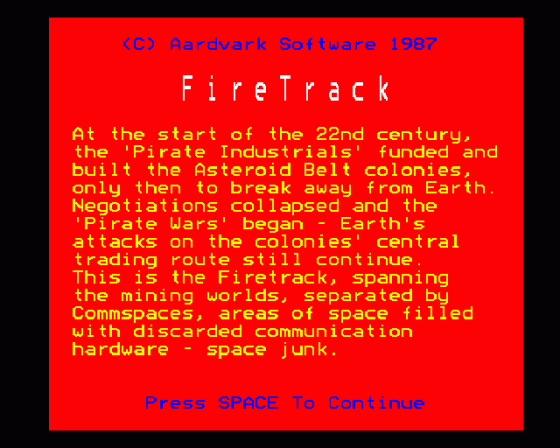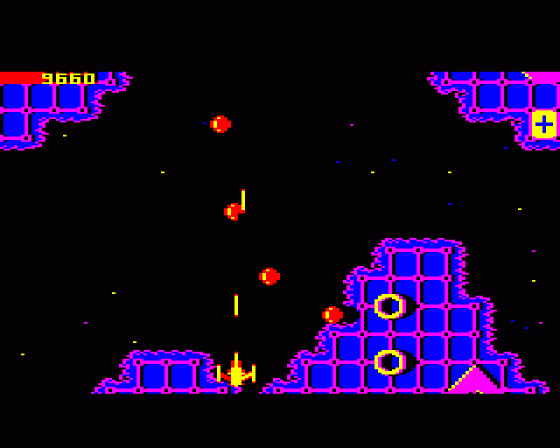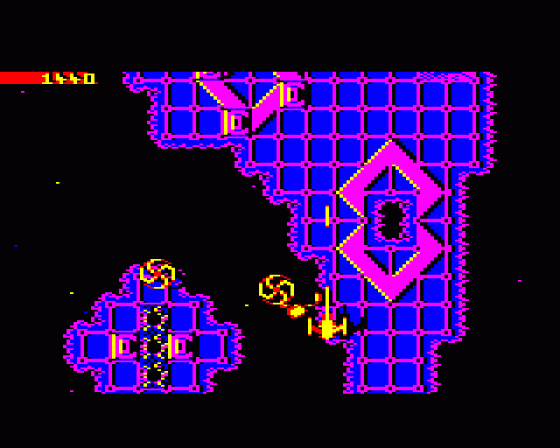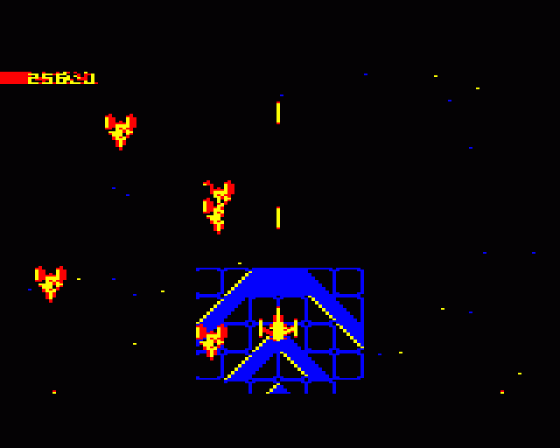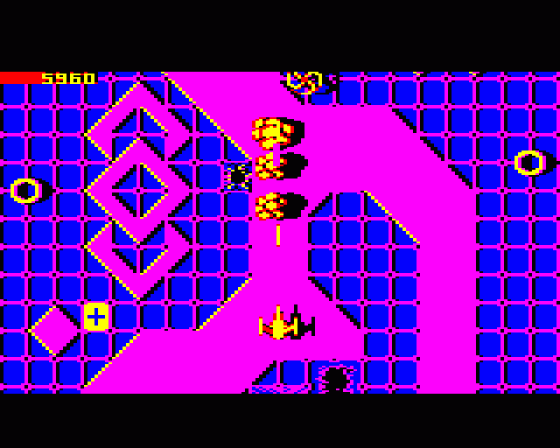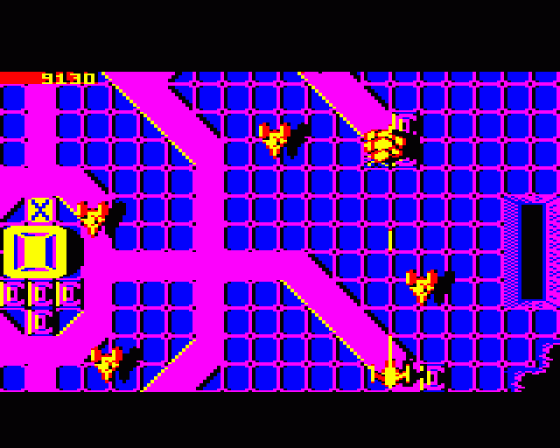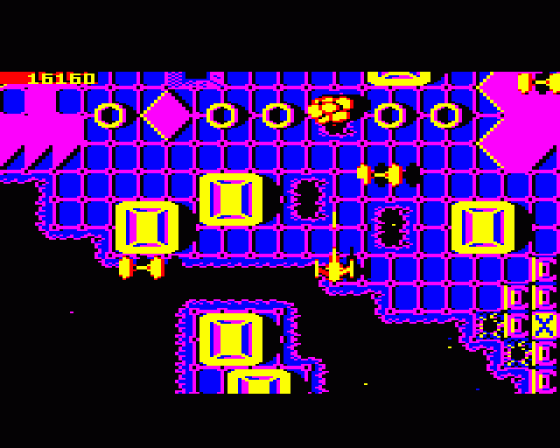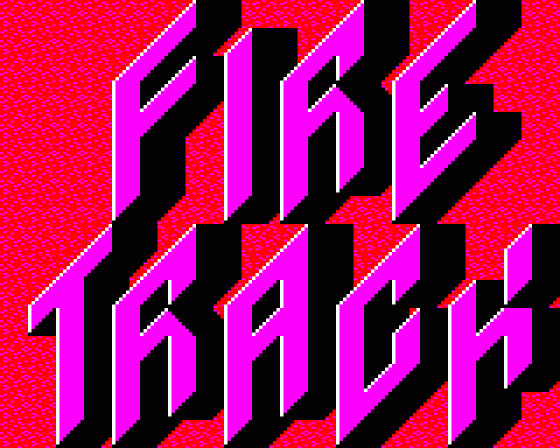Other Reviews Of Firetrack For The BBC Model B
Firetrack (Electric Dreams)
A review by Dave Reeder (A&B Computing)
Firetrack (Electric Dreams)
Low Innovation, High Style
Firetrack (Electric Dreams)
A review by Jon Revis (The Micro User)
Firetrack (Electric Dreams)
A review


 1st May 1987
1st May 1987
